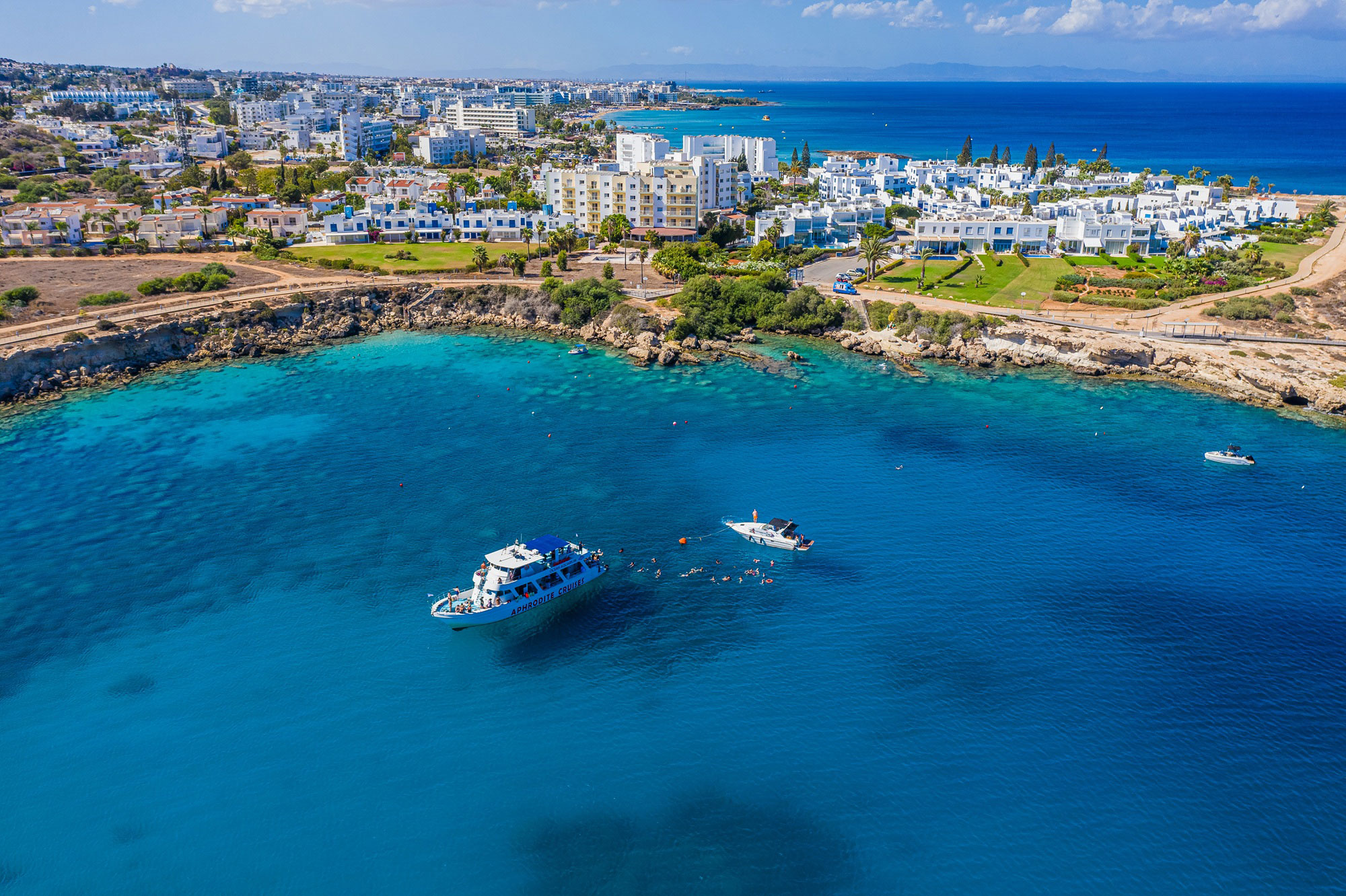Cyprus is one of five European countries where 95 per cent or more of bathing waters were of excellent quality, the European Commission said on Friday.
The waters off Cyprus consistently come out on top of the annual EU assessment.
This year it’s joined by Bulgaria, Greece, Austria and Croatia in the top tier.
According to the results of the latest testing in 2024 from Europe’s coastal waters to inland bathing sites, a large majority of waters are safe to swim in.
In Cyprus, the monitoring of the quality of bathing water, with regard to sampling, is carried out by the health services and analysed in the state lab.
Cyprus started monitoring the quality of bathing water and submitting reports in 2008. Over 1,100 samples were tested from 123 sites and beaches around the island last year.
There are no reported inland bathing waters in Cyprus.
The EU’s assessment found that over 85 per cent of all monitored locations across the bloc met the European Union’s most stringent ‘excellent’ bathing water quality standards while 96 per cent of all officially identified bathing waters in the EU met the minimum standards.
The assessment and interactive map highlight where swimmers can find well managed bathing sites in Europe. The assessment inspects water suitability for bathing, focusing on monitoring bacteria which can cause potentially serious illnesses.
Overall, over 22,000 bathing water sites across all 27 EU Member States, plus Albania and Switzerland were assessed.
Only 1.5 per cent of the EU’s bathing waters were found to be of poor quality.
The quality of coastal bathing waters is generally better than that of rivers and lakes where only 78 per cent passed the test overall.
“Bathing water quality in Europe has improved markedly over recent decades largely thanks to EU legislation,” the Commission said.
The combined effect of systematic bacteriological monitoring pursuant to the EU’s Bathing Water Directive and large investments in urban wastewater treatment plants led to a drastic reduction in pathogens that were previously being released.
While most of Europe’s bathing waters are in excellent condition from a bacteriological perspective, chemical pollution of surface and groundwaters “remains significant”.
“Improving water resilience for people and for the environment is therefore crucial,” said the Commission.
Other challenges to water quality like toxic cyanobacterial blooms, which are not part of monitoring prescribed by EU bathing water rules, frequently result in bathing warnings and restrictions.






Click here to change your cookie preferences